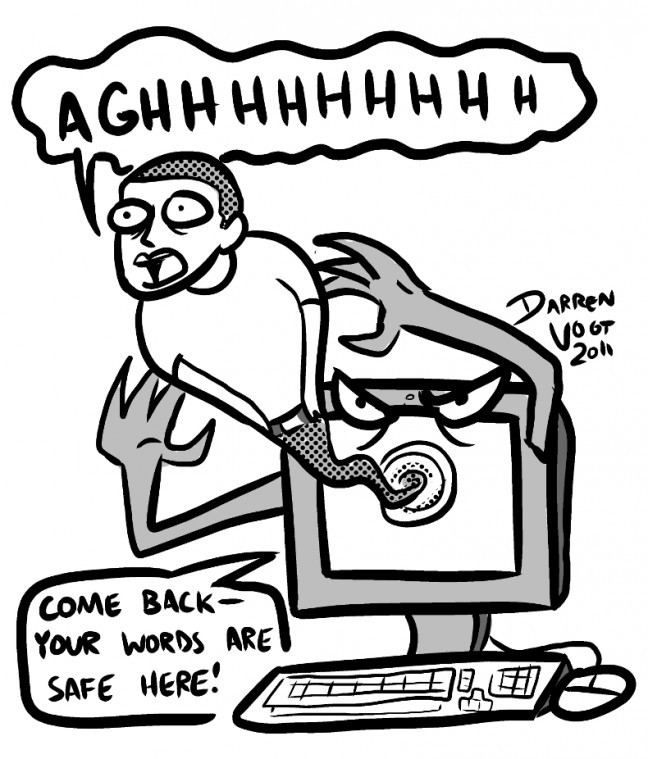EDITORIAL: Athletic department should create social media policy, not ban altogether
October 18, 2011
The Issue: After WKU sophomore running back Antonio Andrews’ Twitter outburst blasting fans for their lack of support for the Toppers, Head Coach Willie Taggart suspended him from playing against Florida Atlantic last Saturday. Shortly after this suspension, Head Coach Ken McDonald said he is preventing his players from using the popular social media outlet this season.
Our Stance: Coach Taggart acted appropriately and set a precedent for the rest of the team, saying he’s OK with tweeting as long as it sheds positive light on their team. The Herald believes McDonald should take some advice from his coaching colleague and enact a policy setting guidelines for tweeting rather than banning Twitter altogether.
Taggart said his policy is abstaining from anything that’s going to bring a negative perspective on the football team. He also said he doesn’t mind the athletes using Twitter, but prefers positive tweets. If players can’t adhere to that policy, they won’t be on the football team anymore, Taggart said.
The Herald believes WKU athletes should be held responsible and accountable for their actions and words tweeted, but no one’s account should be taken away from them. Throwing freedom of speech out the window is like taking a couple steps backwards. But although free speech has instilled itself into American life for centuries, sometimes speaking freely causes consequences — especially if someone works for an organization that enacts policies against certain speech.
McDonald doesn’t seem to see the major benefits of using Twitter accounts for promoting a team, unlike Athletics Director Ross Bjork and Taggart who consistently engage in tweeting positively with WKU fans and also promote the WKU athletics department.
McDonald said, “It’s not a big deal,” and he thinks it can become “a little bit of a distraction.”
But if the athletic department instated a standard social media policy for all athletic teams (such as putting Taggart’s policy in writing), athlete tweets would ideally do nothing but positively reinforce the improvement of WKU’s athletics program that Bjork, Taggart and McDonald consistently work to promote.
Is that really a distraction? Promoting WKU’s athletics department?
Taggart said he doesn’t plan to implement any sort of a Twitter ban. McDonald added that originally, his rule was “no tweets after 9 p.m.” But once it got closer to the season, McDonald told his players to abstain from Twitter unless it’s to promote something going on with the team.
The Herald hopes some kind of compromise can be reached that would let basketball players begin tweeting again. Based on basic First Amendment rights, as well as an overall negative community reaction to the ban, restricting speech isn’t the best way to solve this problem.
This editorial represents the majority opinion of the Herald’s 10-member editorial board.






















